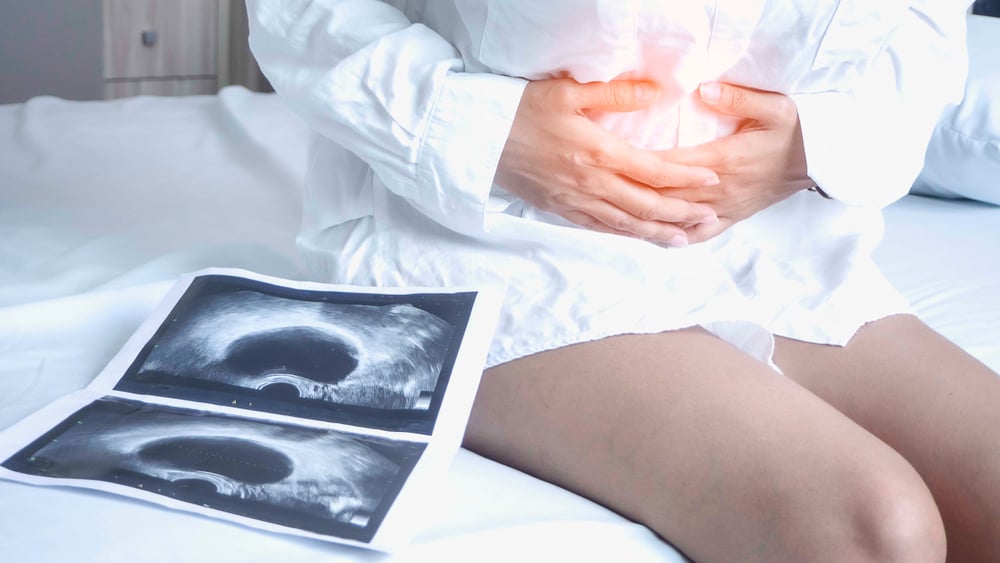Ovarian Cysts and Polycystic Ovarian Syndrome Specialists in New York City W51st Street
What are Ovarian Cysts, and how can Garden OB/GYN in New York City W51st Street help?
Garden OB/GYN in New York City W51st Street provides expert treatment for ovarian cysts. Ovarian cysts are fluid-filled sacs that are found in the ovaries and can be detected on a pelvic ultrasound.

Why are Ovarian Cysts Important to Diagnose?
An ovarian cyst is a fluid-filled sac that develops inside an ovary. These cysts are very common and usually harmless because they naturally disappear. Most ovarian cysts are benign, although it’s possible for cysts that don’t go away to become cancerous.
There are several types of ovarian cysts, but the two most common are:
- Follicular Cysts: Your ovaries contain follicles, which are fluid-filled sacs that hold immature eggs. Every month, the eggs in several follicles mature, then one is released when you ovulate. The follicles with mature eggs that remain in the ovary are resorbed into your body. When a follicle doesn’t release its mature egg or it’s not resorbed, it becomes an ovarian cyst. These follicle cysts usually disappear within a few months.
- Corpus Luteum Cysts: After a follicle releases an egg, the empty sac shrinks into a small cluster of cells called the corpus luteum. If the sac doesn’t shrink, it can turn into an ovarian cyst. Most corpus luteum cysts go away within a few weeks.
What Symptoms Develop Due to Ovarian Cysts?
If your ovarian cysts are small, you may not have any symptoms. However if they are large you will have symptoms.
As the cysts grow larger, you may experience:
- Pelvic pain
- Abdominal pressure or bloating
- Painful intercourse
- Pain during your period
- Abnormal menstrual bleeding
- Lower back pain
Ovarian cysts can become so large that they rupture or affect the shape of the ovary. When that happens, you’ll have sudden pain and possibly a fever, vomiting, and dizziness. Come to Garden OB/GYN in New York City W51st Street today to have them evaluated if they cause any symptoms.
How are Ovarian Cysts Treated in New York City W51st Street?
Your doctor at Garden OB/GYN in New York City W51st Street may monitor cysts that are small and don’t cause symptoms. When they get too large, your doctor may prescribe a medication that prevents future cysts from forming or helps to shrink existing cysts. When your symptoms are severe or your cysts continue to enlarge, you may need minimally invasive surgery to remove the cysts. An uncommon type of ovarian cyst called an endometrioma often requires surgery because these cysts can destroy the ovary and increase your risk for cancer.
































